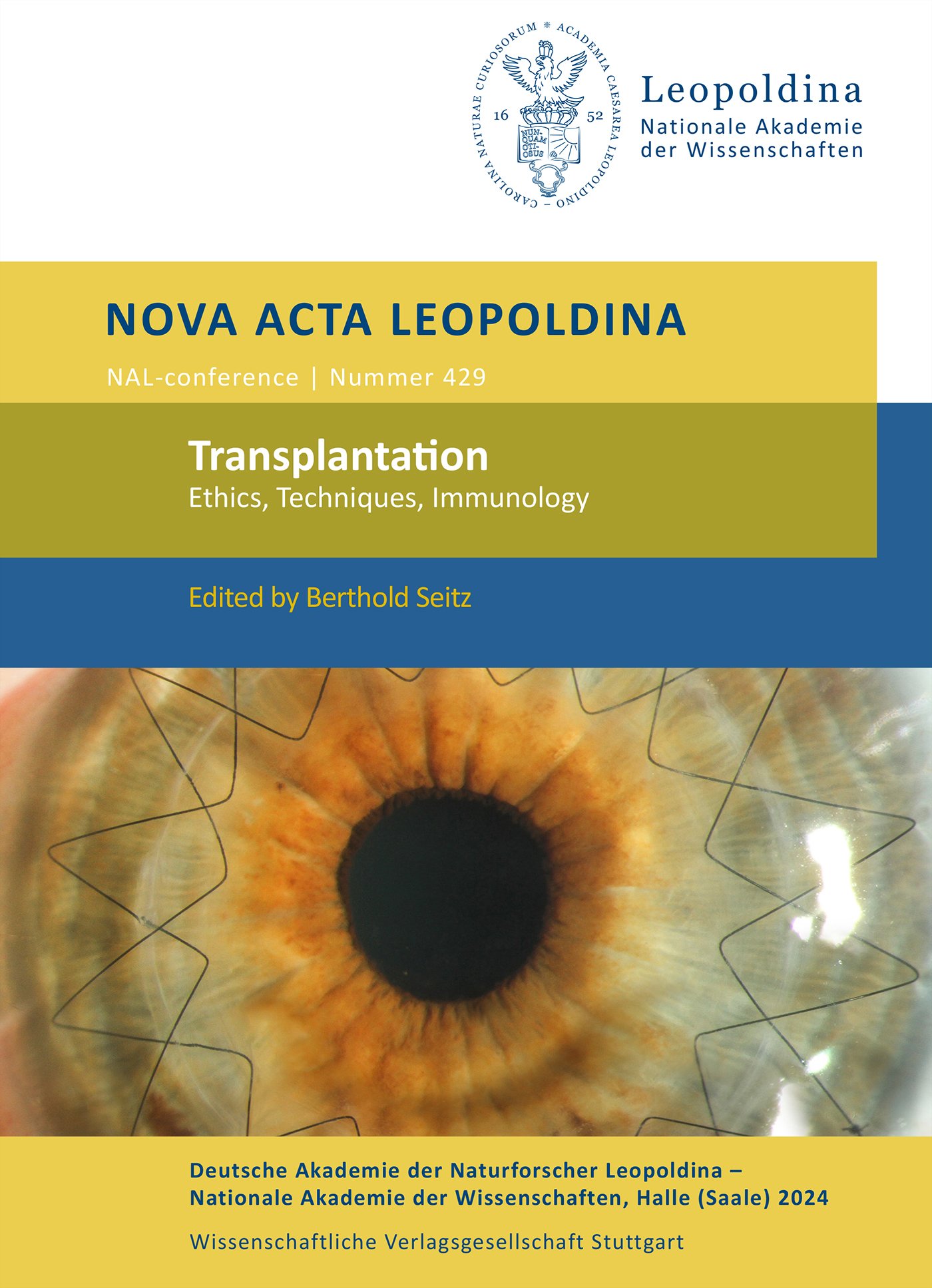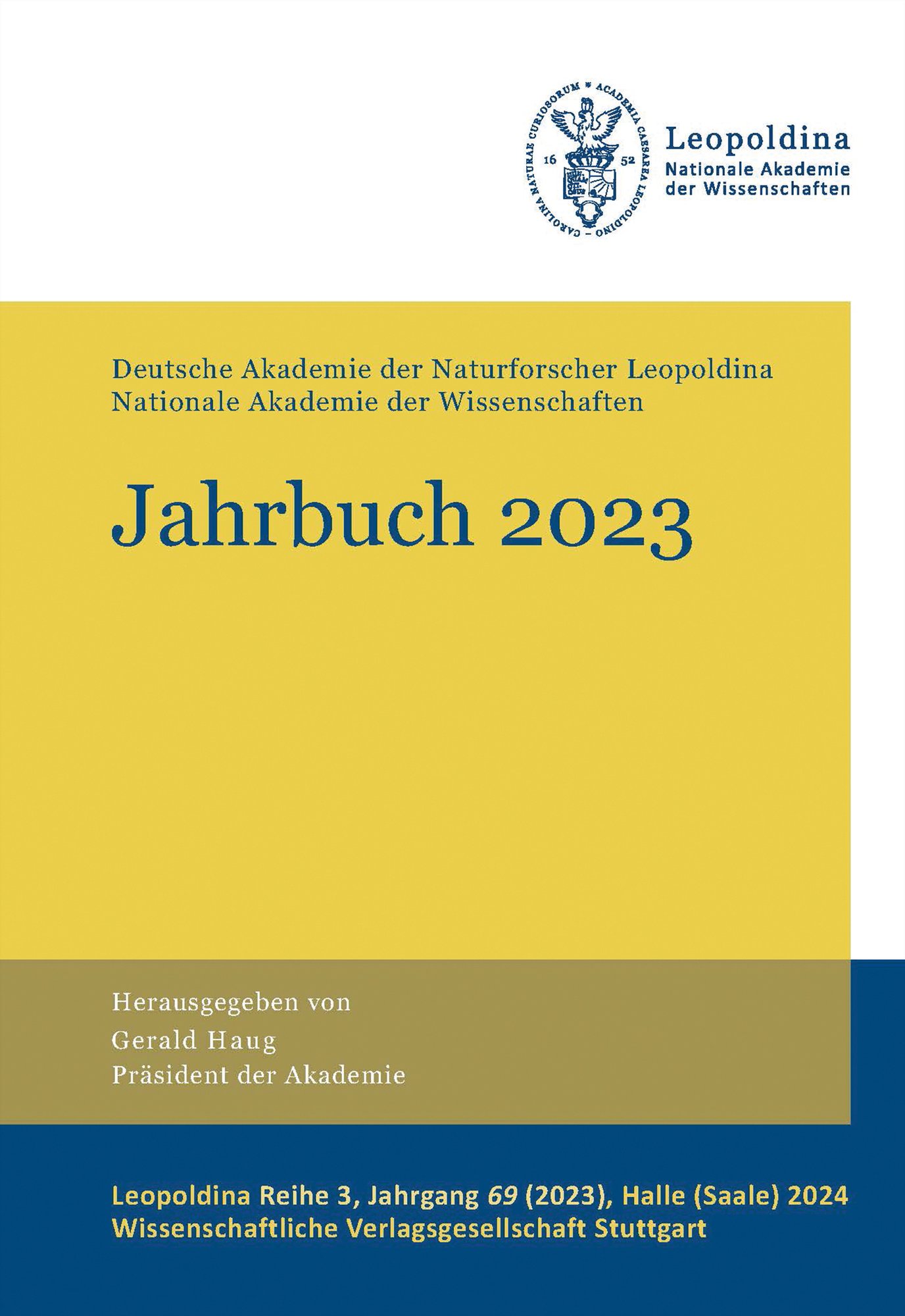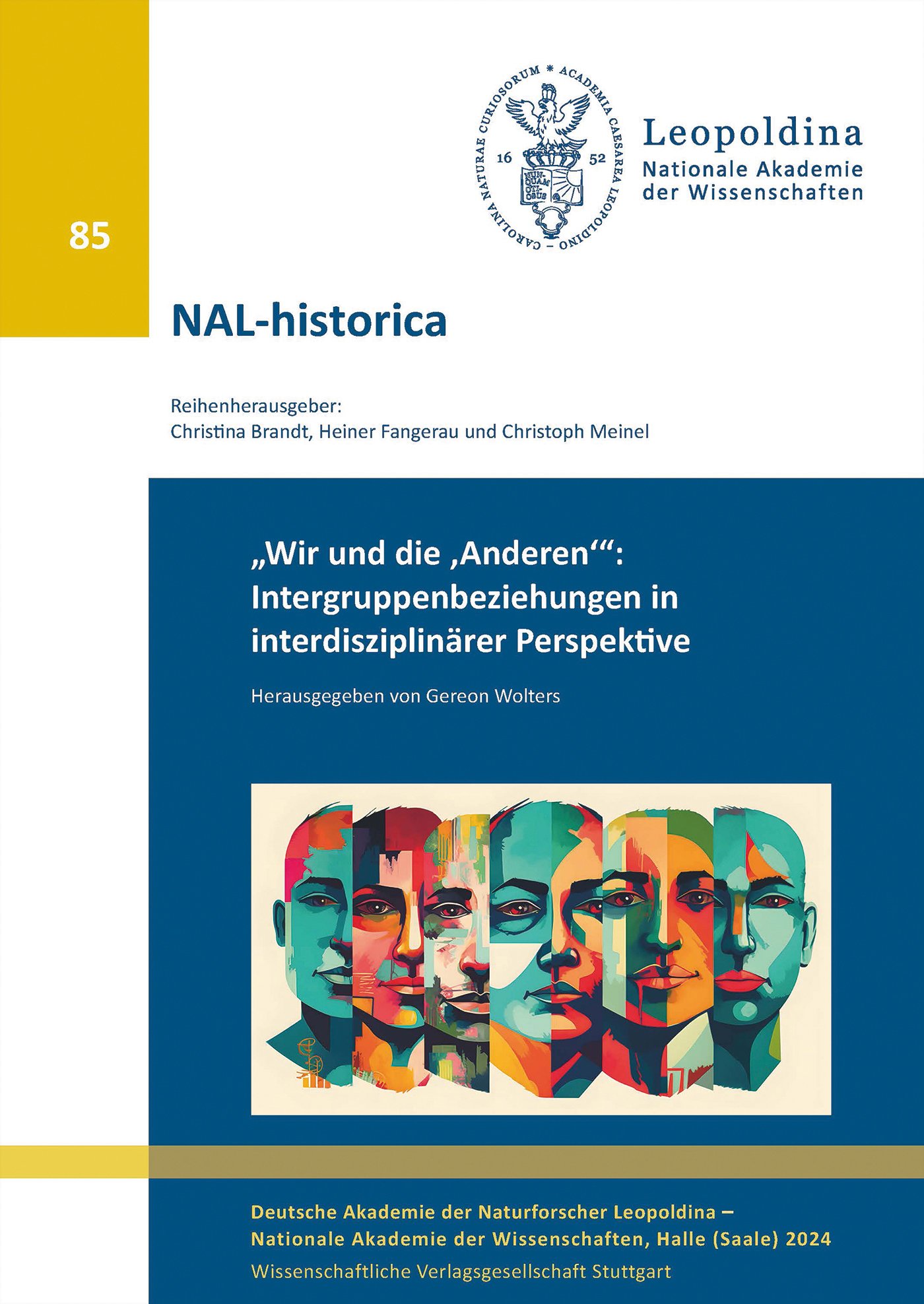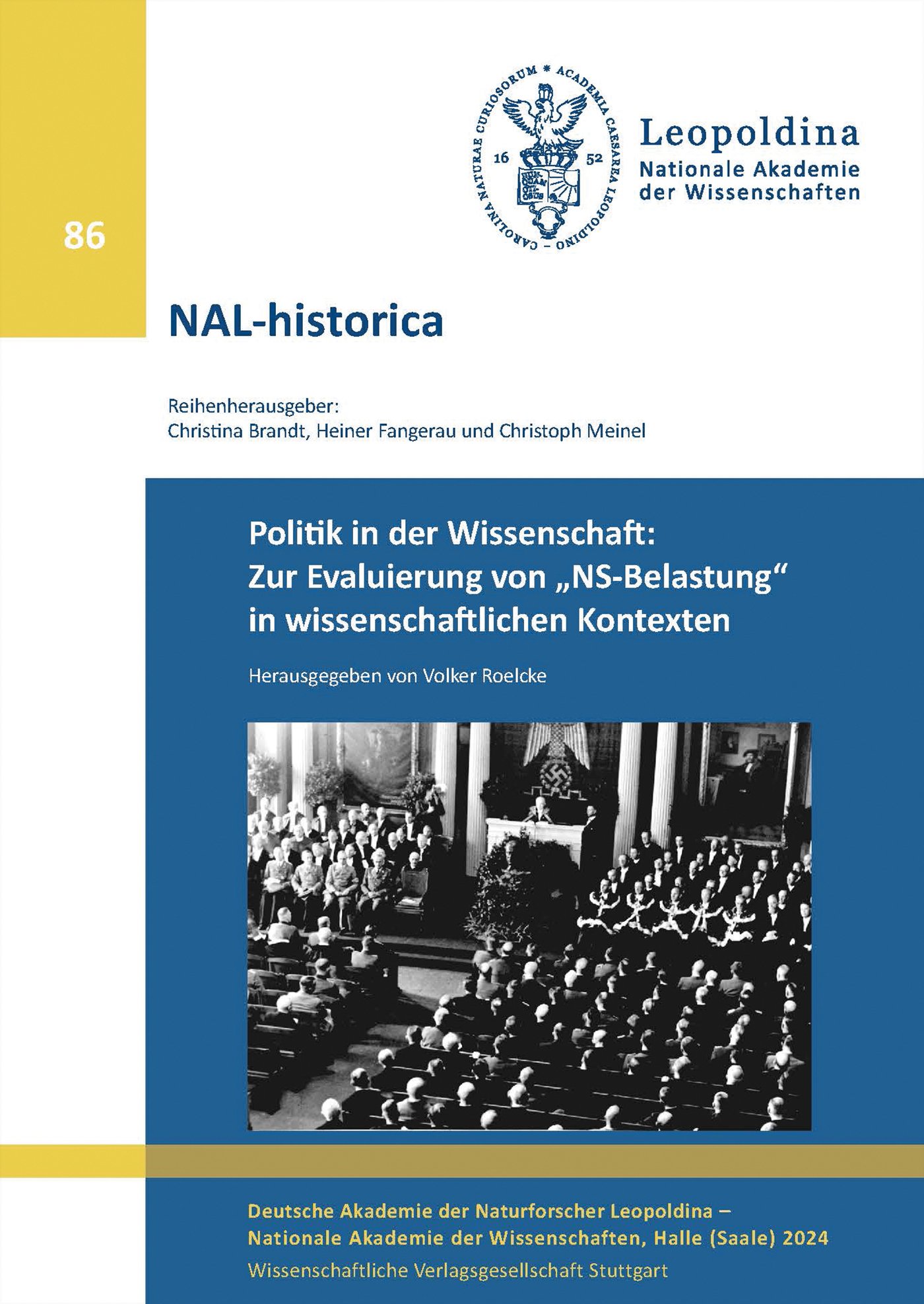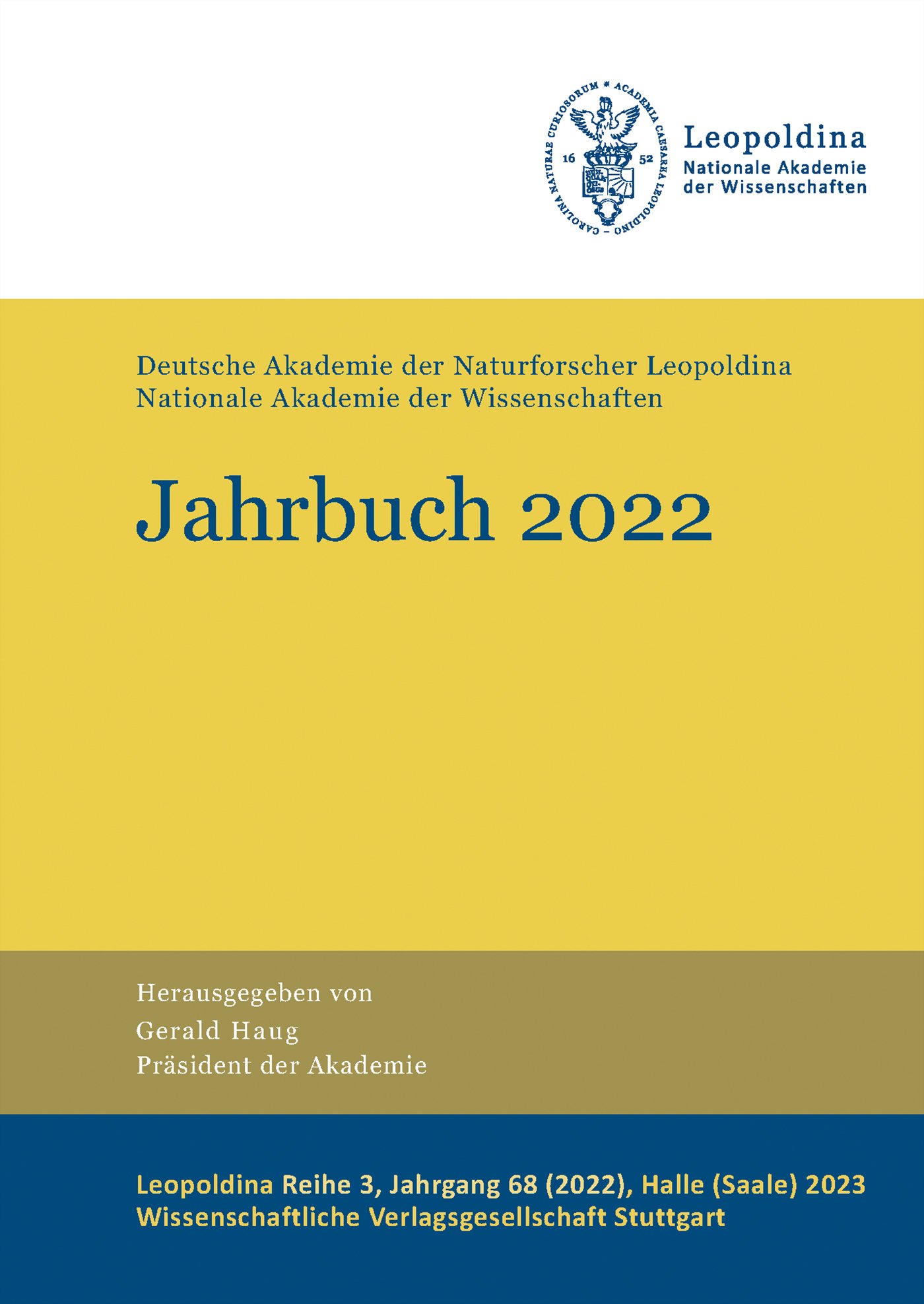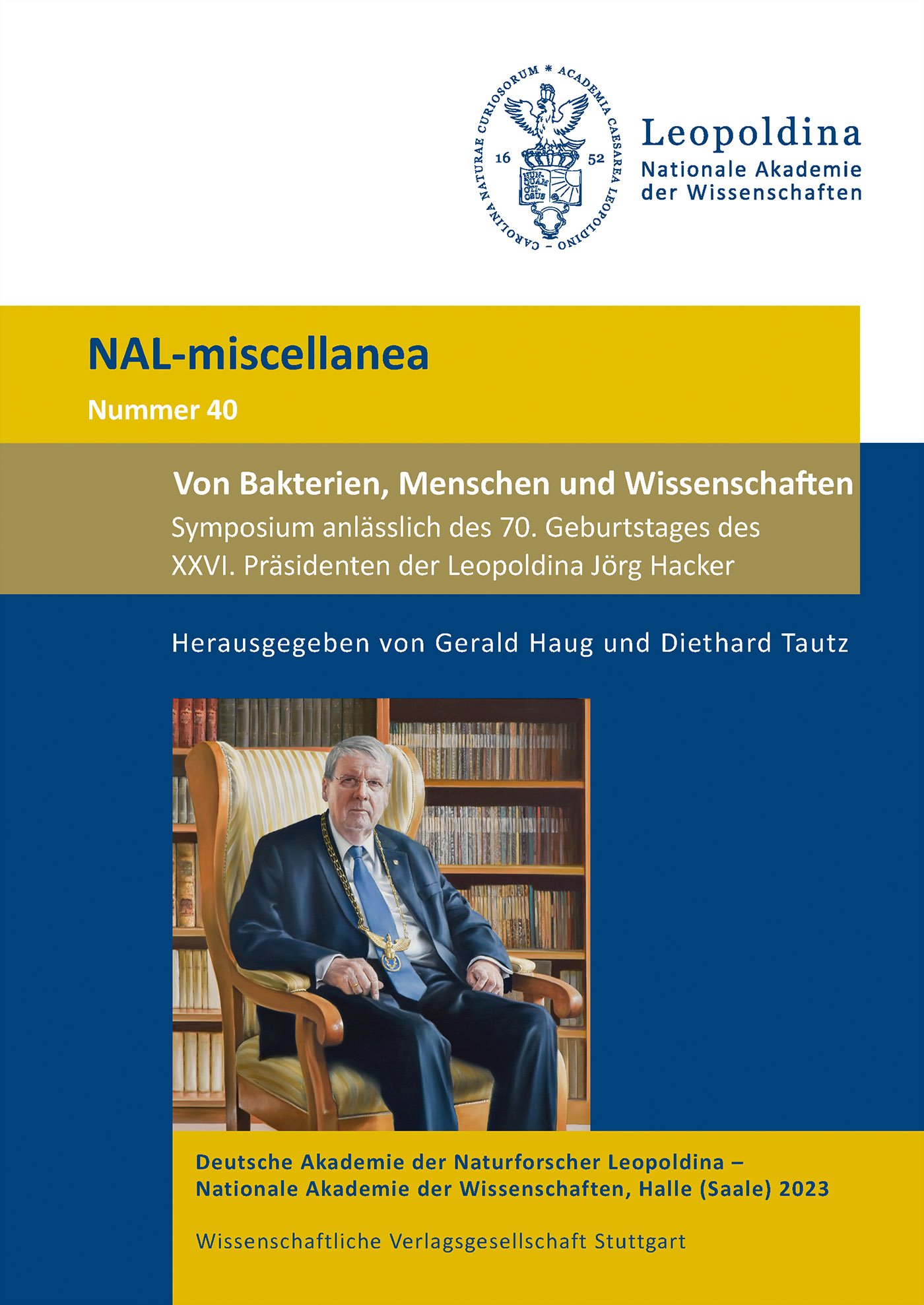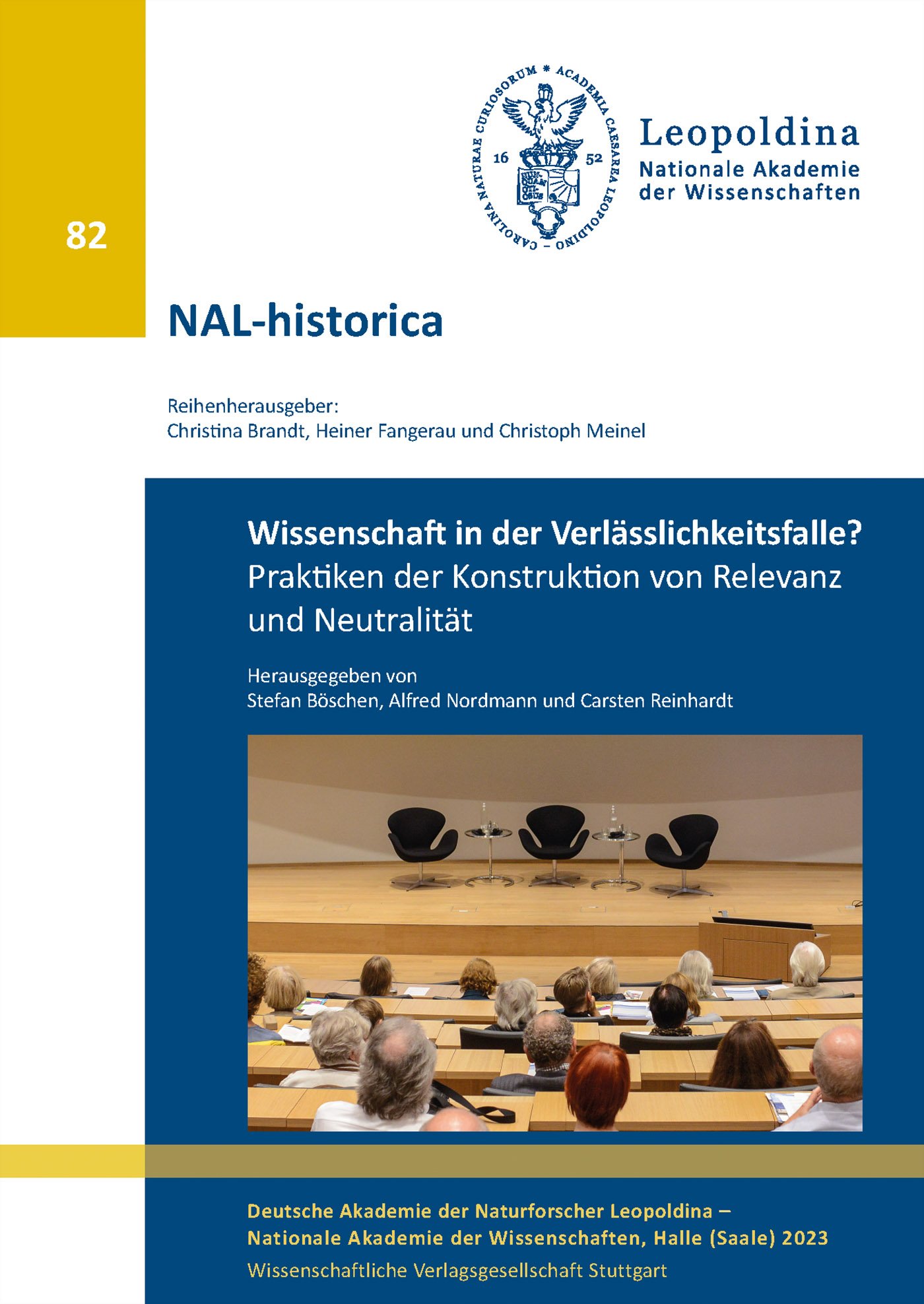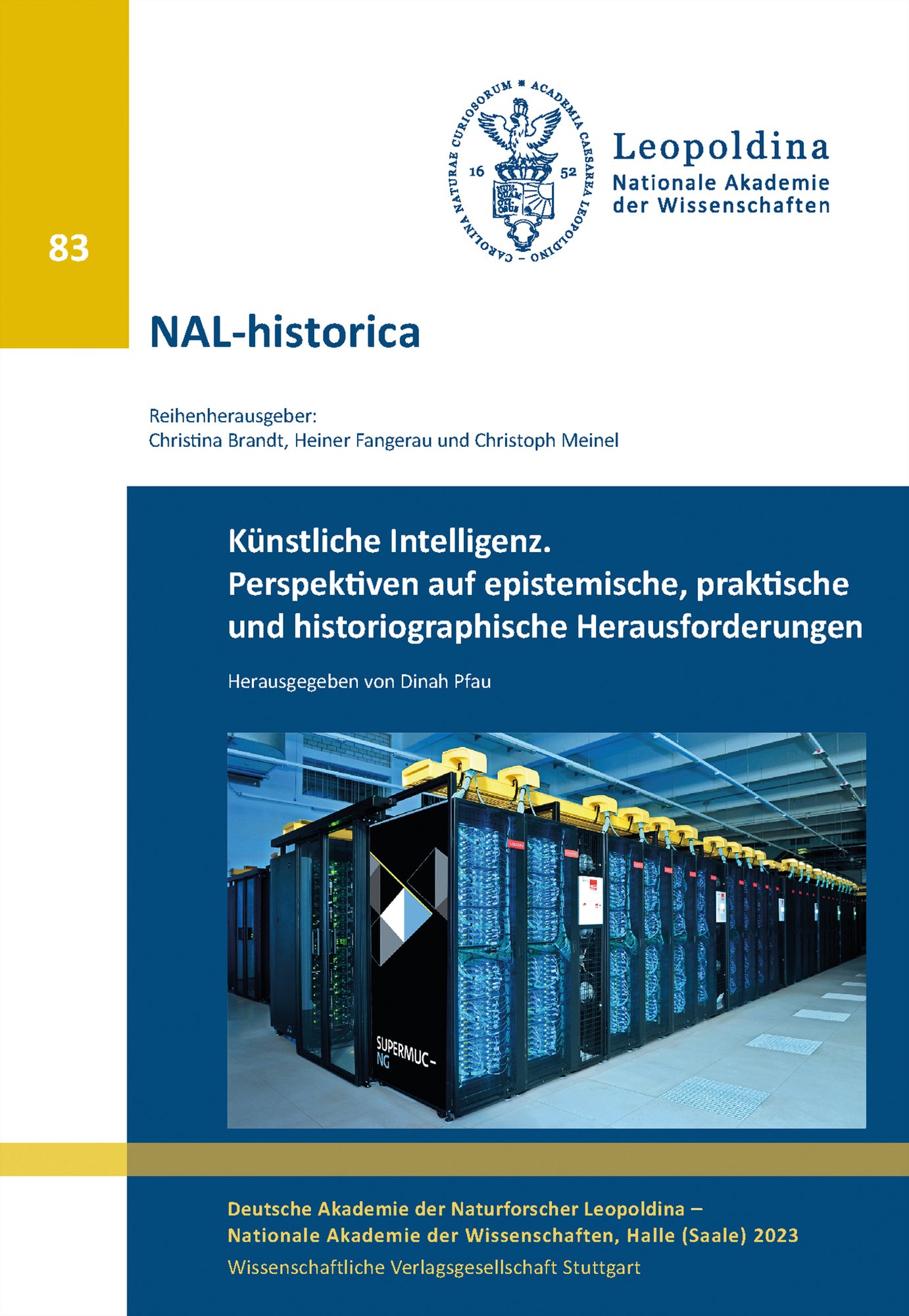Transplantation
Ethics, Techniques, Immunology
Transplantation
Ethics, Techniques, Immunology
Today, numerous tissues and organs are transplanted routinely and with increasing success rates, for example bone marrow, cornea, heart valves, skin, kidney, heart, lung, pancreas or liver. Transplantation is also playing an increasingly important role in cancer therapy. Furthermore, transplantation saves people's lives and secures their quality of life. The conditions for successful transplantation have been set since the middle of the 20th century: doctors’ intuition, surgical skills, and the identification of effective immunosuppressants were prerequisites for these developments. A pressing current problem in transplantation medicine is the large demand for organs/tissues, compared to the low willingness to donate. Accordingly, the stagnating willingness to donate organs, the importance of saving lives through organ donation, the increasing need for organ donation, and underlying ethical issues are currently being weighed against each other in an intensive social debate with regard to possible legal requirements for organ donation. The realization of strategies that have been used since the turn of the century to grow tissues and whole organs from stem cells and use them as organ substitutes, as well as to create conditions for transferring non-human organs to humans, could defuse this debate in the future.
Seitz Berthold
| Band | 429 |
|---|---|
| ISBN | 978-3-8047-4560-5 |
| Medientyp | Buch - Kartoniert |
| Auflage | 1. |
| Copyrightjahr | 2024 |
| Verlag | Wissenschaftliche Verlagsgesellschaft Stuttgart |
| Umfang | 117 Seiten |
| Abbildungen | 1 s/w Abb., 22 farb. Abb., 6 s/w Tab. |
| Format | 17,0 x 24,0 cm |
| Sprache | Englisch |

